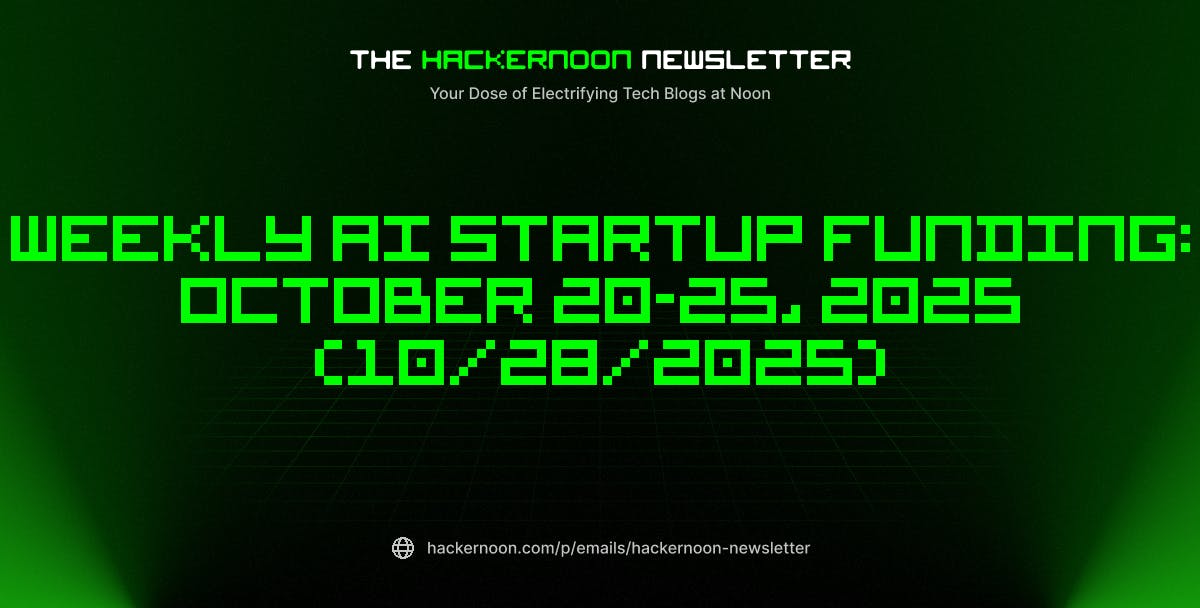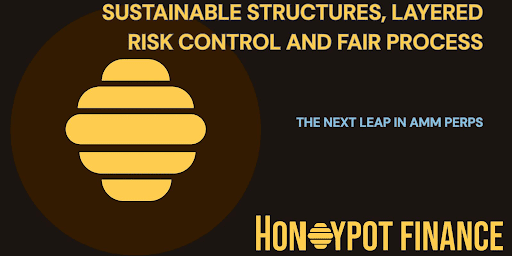Don’t miss out on our latest stories. Add PCMag as a preferred source on Google.
The first version of Elon Musk’s Grokipedia is now live, and although the billionaire says it’s an unbiased version of Wikipedia (or “Wokepedia” as he described it last year), we found countless examples of his version simply ripping off entire Wikipedia pages word for word.
“The goal here is to create an open source, comprehensive collection of all knowledge,” Musk says. “Version 1.0 will be 10X better, but even at 0.1 it’s better than Wikipedia [in my opinion].”
Musk says he wants to etch Grokipedia pages into stone with a laser and launch the tablets into space “throughout the solar system” to “protect against a civilizational regressions.”
Most of the duplicate pages we found are not political, but they hint at how Grokipedia works. The company seems to have cloned a portion of Wikipedia’s catalogue and edited certain pages. “The content is adapted from Wikipedia, licensed under Creative Commons Attribution-ShareAlike 4.0 License,” reads a disclaimer at the bottom of each Grokipedia page.
Examples of cloned pages:
Grokipedia’s 885,279 English-language articles are AI-generated, which Musk advertises as a more neutral knowledge base. Wikipedia currently offers 7 million articles in over 340 languages.
One difference is Grokipedia includes fewer citations at the bottom of the page. For the Nintendo Switch, it has 316 compared to Wikipedia’s 522. For the MacBook Pro, it has just two, whereas Wikipedia has 142.
Several Grokipedia pages that differ from Wikipedia’s cover hot button issues. Grokipedia calls the Jan. 6, 2021, attacks on the US Capitol a “riot…amid widespread claims of voting irregularities.” Meanwhile, Wikipedia’s opening sentence refers to the event as “an attempted self-coup” after Trump’s “defeat in the 2020 presidential election.”
Regarding George Floyd, Grokipedia introduces him as “an American man with a lengthy criminal record,” while Wikipedia says he was a man “who was murdered by a white police officer in Minneapolis.”
Those pages do not include the line about the content being adapted from Wikipedia.
A spokesperson for Wikimedia, the nonprofit foundation that operates Wikipedia, tells us it’s “still in the process of understanding how Grokipedia works.” It reiterated that it is a nonprofit, and that its “knowledge is—and always will be—human.”

Get Our Best Stories!
Your Daily Dose of Our Top Tech News

By clicking Sign Me Up, you confirm you are 16+ and agree to our Terms of Use and Privacy Policy.
Thanks for signing up!
Your subscription has been confirmed. Keep an eye on your inbox!
The “human-created knowledge” of Wikipedia “is what AI companies rely on to generate content; even Grokipedia needs Wikipedia to exist,” it adds.
Wikimedia also re-tweeted a post by someone who changed a CNBC headline about Grok from “AI-powered” to “Wikipedia-powered.”
Currently, if you Google “Grokipedia,” the Wikipedia entry for Musk’s site is the first result (below a “Did you mean: wikipedia” Google prompt). It already notes that “Many [Grokipedia] articles are derived from Wikipedia articles, with some articles copied nearly verbatim.”
Grokipedia’s Wikipedia entry says it “has encountered persistent criticisms regarding factual reliability, susceptibility to vandalism and hoaxes, and systemic ideological biases—particularly a left-leaning slant in coverage of political figures and topics,” which cites the Manhattan Institute, The Free Press, and the American Economic Association.
Recommended by Our Editors
Wikimedia’s Full Statement:
“We’re still in the process of understanding how Grokipedia works.
Since 2001, Wikipedia has been the backbone of knowledge on the internet. Hosted by the Wikimedia Foundation, it remains the only top website in the world run by a nonprofit. Unlike newer projects, Wikipedia’s strengths are clear: it has transparent policies, rigorous volunteer oversight, and a strong culture of continuous improvement. Wikipedia is an encyclopedia, written to inform billions of readers without promoting a particular point of view.
Wikipedia’s knowledge is — and always will be — human. Through open collaboration and consensus, people from all backgrounds build a neutral, living record of human understanding — one that reflects our diversity and collective curiosity. This human-created knowledge is what AI companies rely on to generate content; even Grokipedia needs Wikipedia to exist.
Wikipedia’s nonprofit independence — with no ads and no data-selling — also sets it apart from for-profit alternatives. All of these strengths have kept Wikipedia a top trusted resource for more than two decades.
Many experiments to create alternative versions of Wikipedia have happened before; it doesn’t interfere with our work or mission. As we approach Wikipedia’s 25th anniversary, Wikipedia will continue focusing on providing free, trustworthy knowledge built by its dedicated volunteer community. For more information about how Wikipedia works, visit our website and new blog series.”
About Our Expert

Emily Forlini
Senior Reporter
Experience
As a news and features writer at PCMag, I cover the biggest tech trends that shape the way we live and work. I specialize in on-the-ground reporting, uncovering stories from the people who are at the center of change—whether that’s the CEO of a high-valued startup or an everyday person taking on Big Tech. I also cover daily tech news and breaking stories, contextualizing them so you get the full picture.
I came to journalism from a previous career working in Big Tech on the West Coast. That experience gave me an up-close view of how software works and how business strategies shift over time. Now that I have my master’s in journalism from Northwestern University, I couple my insider knowledge and reporting chops to help answer the big question: Where is this all going?
Read Full Bio








